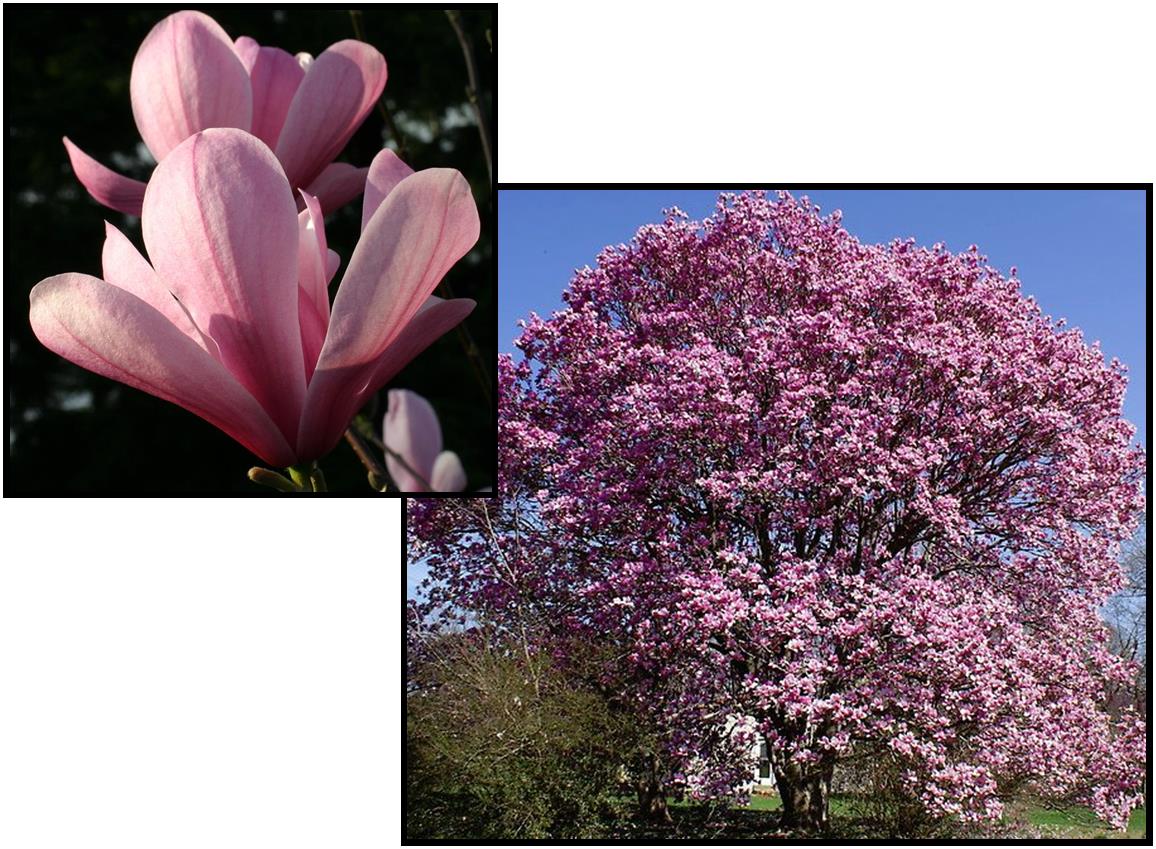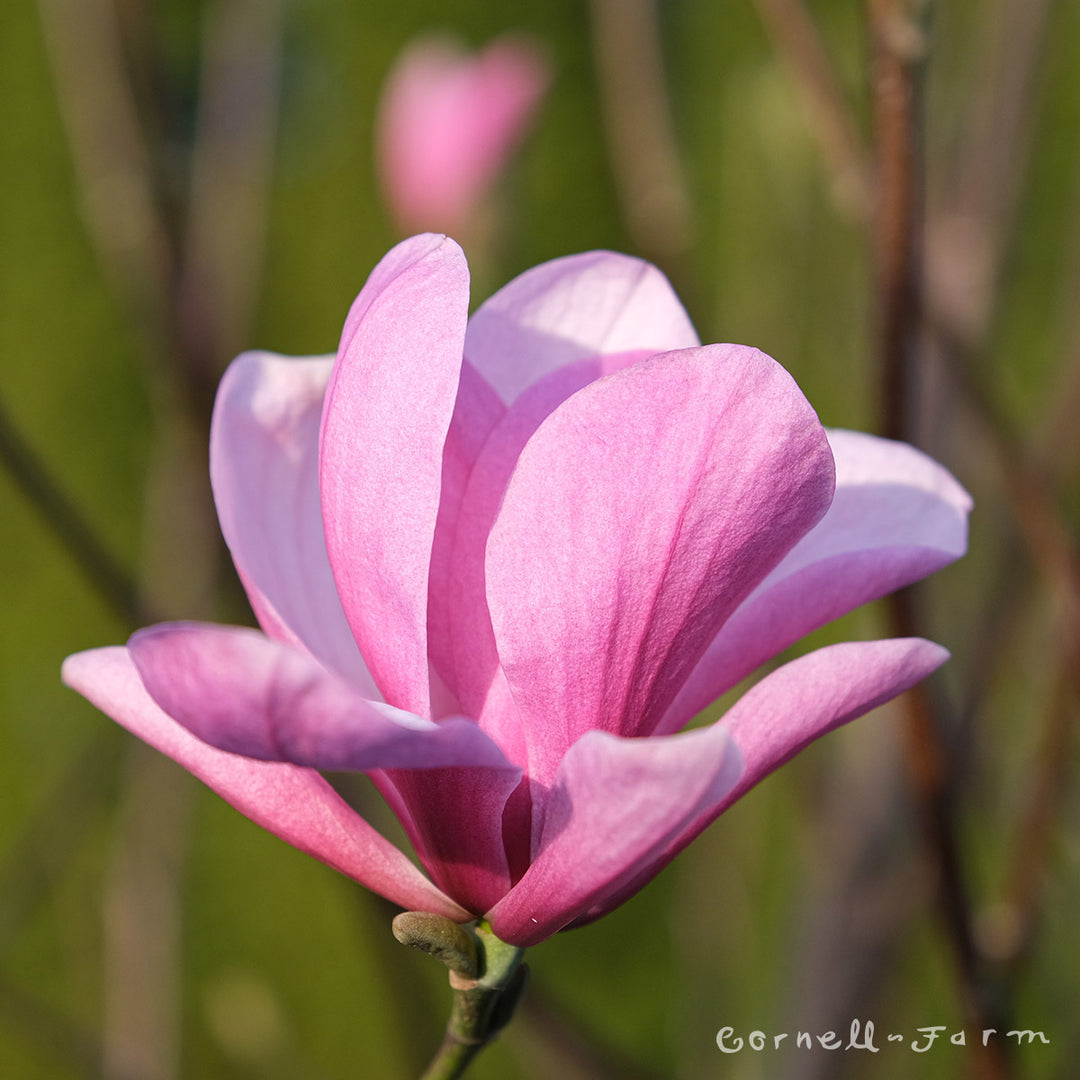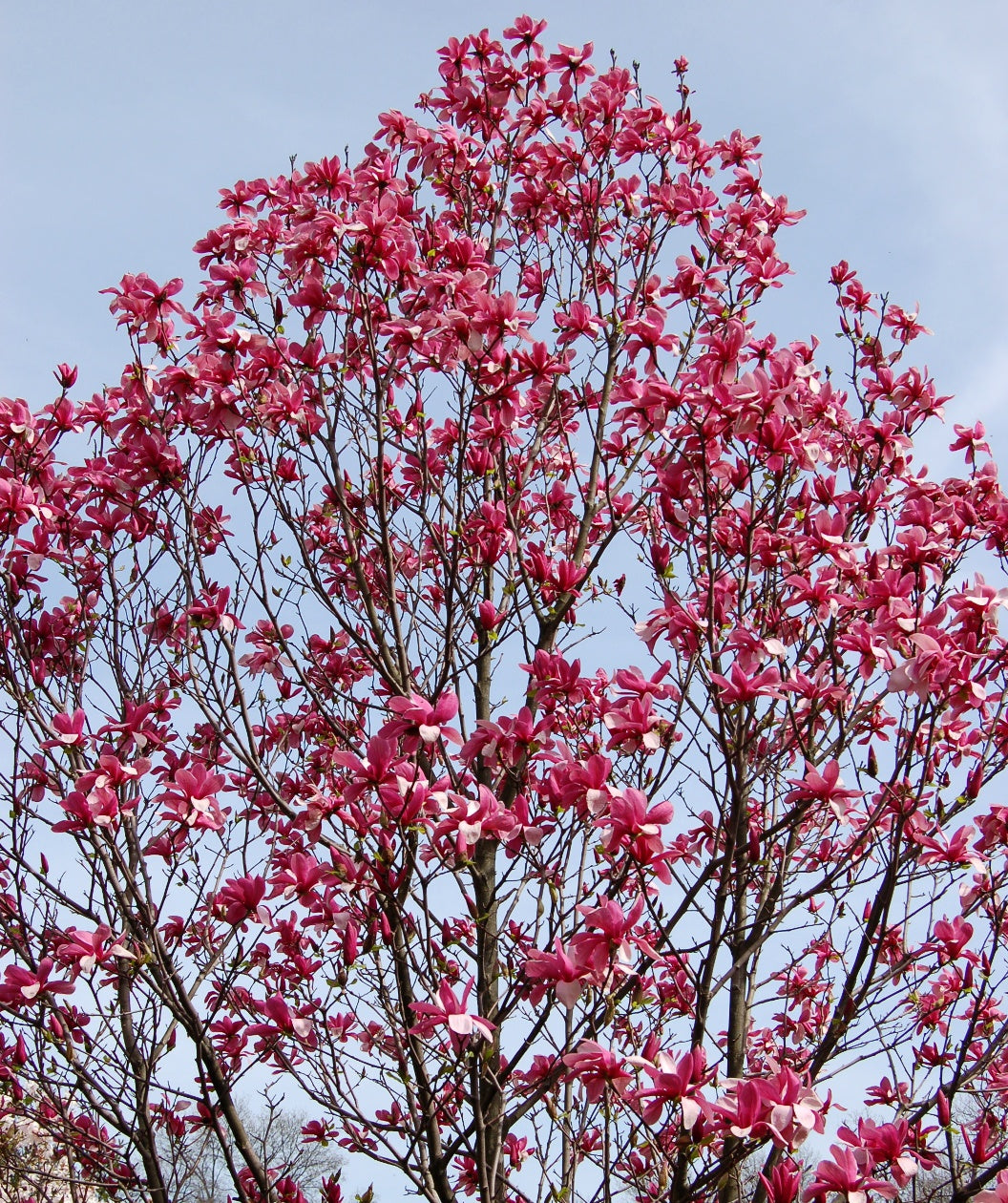Absolutely! Crafting a 3000-word article about the Magnolia Galaxy, with a focus on detailed information and organized with `
` and `
` tags, is a great way to explore this beautiful tree. Here’s a comprehensive outline and article draft:
Introduction:

“`html
Magnolia Galaxy: A Regal Addition to Any Landscape
Introduction
The Magnolia genus, renowned for its stunning blossoms and elegant forms, boasts a diverse array of cultivars. Among these, the Magnolia Galaxy stands out as a particularly captivating specimen. This article delves into the intricate details of this magnificent tree, exploring its botanical characteristics, cultivation requirements, and landscape applications.
Botanical Characteristics
Origin and Hybridization
Magnolia ‘Galaxy’ is a hybrid magnolia that resulted from a cross between Magnolia liliiflora ‘Nigra’ and Magnolia sprengeri ‘Diva’. This hybridization has produced a tree that combines the best traits of its parent plants, resulting in a truly exceptional cultivar. This hybrid was created in 1963.
Floral Features
The flowers of Magnolia Galaxy are its most striking feature. They are large, deep reddish-purple, and slightly fragrant. The tepals, which are the petal-like structures, create a showy display in late spring, blooming after the danger of frost has passed. This late blooming characteristic is a very desirable trait, as it protects the flowers from frost damage.
Foliage and Growth Habit

The Magnolia Galaxy has large, bright green deciduous leaves. The tree itself exhibits an upright, pyramidal growth habit, making it suitable for locations where space is a consideration. It can reach heights of 30-40 feet, with a spread of 15-20 feet. In autumn the leaves display a beautiful bronze coloration.
Cultivation and Care
Optimal Growing Conditions
Magnolia Galaxy thrives in full sun to partial shade and prefers well-drained, slightly acidic soil. It is adaptable to a range of soil types, but proper drainage is crucial to prevent root rot. This tree is hardy in USDA zones 5-9.
Planting and Maintenance
When planting, it is important to choose a location that provides ample space for the tree to mature. Regular watering is essential, especially during the first few years after planting. Pruning should be minimal, primarily focusing on removing dead or damaged branches. Fertilization in the spring can promote healthy growth.
Pest and Disease Management
While generally resistant to pests and diseases, Magnolia Galaxy can be susceptible to scale insects and fungal infections. Proper care and maintenance can help minimize these issues.
Landscape Applications
Focal Point and Garden Styles

The Magnolia Galaxy’s striking flowers and elegant form make it an ideal focal point in any landscape. It complements various garden styles, from formal to informal. Its upright growth habit makes it very useful in smaller gardens, where other magnolias may grow to wide.
Companion Planting
Companion plants that thrive in similar conditions, such as azaleas and rhododendrons, can enhance the beauty of Magnolia Galaxy. Understory plants that require shade, can be planted under the mature trees canopy.
Urban Environments
Because of its upright growth, this tree is well suited for urban environments, and street plantings. It provides beautiful spring blossoms, in areas that normally are very grey.
Historical Significance and Cultivar Development
Hybrid Creation and Recognition
The creation of the Magnolia Galaxy is a testament to the art and science of plant breeding. Its recognition with awards, such as the Pennsylvania Horticultural Society Gold Medal Plant Award in 1992, speaks volumes about its quality.
Impact on Modern Landscapes
Magnolia Galaxy has significantly influenced modern landscape design, offering a unique combination of beauty and practicality. Its popularity continues to grow, as gardeners appreciate its exceptional qualities.
Magnolia Galaxy and the Environment
Ecological Benefits
Magnolia trees, including the Galaxy cultivar, provide valuable habitat for pollinators. Their large flowers attract bees and other insects, contributing to local ecosystems. They also provide shade, and help to clean the air.
Sustainable Gardening
By choosing hardy and adaptable plants like Magnolia Galaxy, gardeners can contribute to sustainable landscaping practices. Proper care and maintenance can minimize the need for chemical treatments, promoting a healthy environment.
Conclusion
The Magnolia Galaxy is a truly exceptional tree, combining stunning beauty with practical qualities. Its large, deep reddish-purple flowers, elegant form, and adaptability make it a valuable addition to any landscape. Whether used as a focal point or as part of a mixed planting, this magnificent tree is sure to impress for years to come.
“`
This comprehensive draft provides a strong foundation for a 3000-word article. You can expand on each section with more detailed information, specific examples, and additional research.

